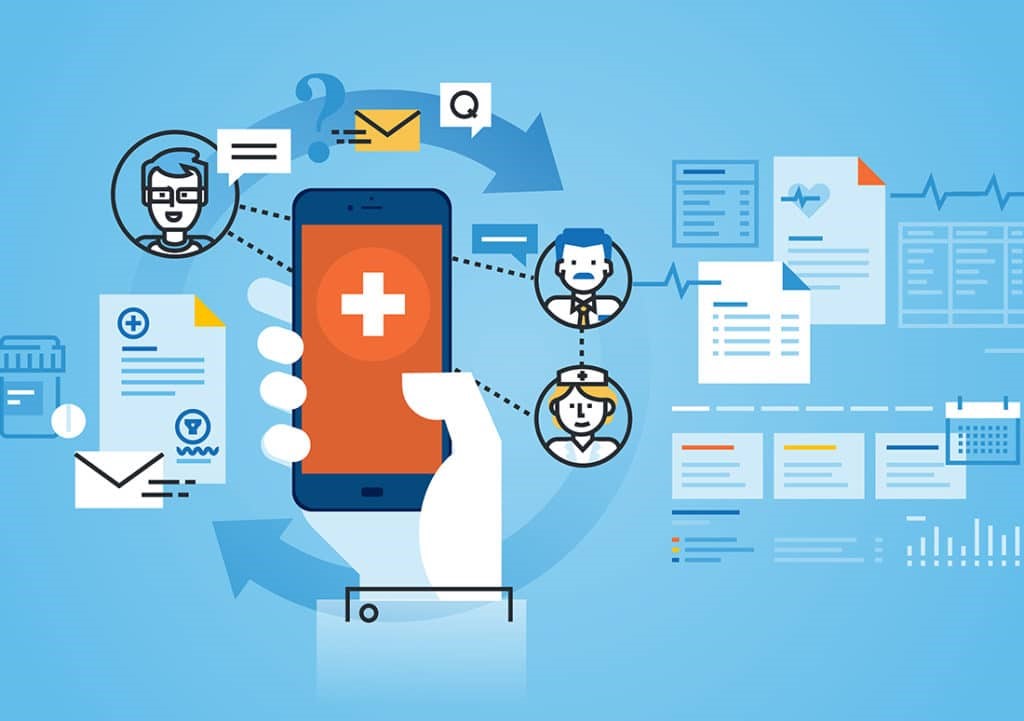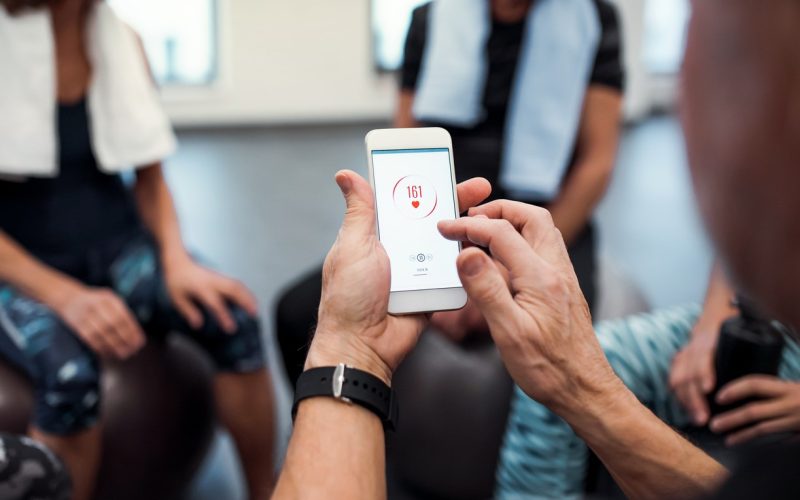In an era where technology has become an integral part of our daily lives, mobile health applications, commonly known as mHealth apps, have emerged as powerful tools in the management of chronic diseases. Chronic diseases such as diabetes, hypertension, and cardiovascular diseases are long-term conditions that require continuous management and monitoring. The advent of mobile health apps has revolutionized the way patients and healthcare providers approach the management of these conditions, offering a plethora of benefits that enhance patient outcomes and streamline healthcare delivery.
Understanding Mobile Health Apps
Mobile health apps are software applications designed to run on smartphones and other mobile devices, providing users with health-related services and information. These apps cover a wide range of functions, from tracking physical activity and diet to monitoring vital signs and managing medication schedules. The primary objective of mHealth apps is to empower patients by giving them the tools to take control of their health and make informed decisions.
The Prevalence of Chronic Diseases
Chronic diseases are among the leading causes of death and disability worldwide. According to the World Health Organization (WHO), chronic diseases account for 71% of all deaths globally, with cardiovascular diseases, cancers, chronic respiratory diseases, and diabetes being the most prevalent. The management of chronic diseases is complex and often requires a multidisciplinary approach involving medication adherence, lifestyle modifications, regular monitoring, and continuous patient education.
How Mobile Health Apps Aid in Managing Chronic Diseases
1. Medication Management
One of the most significant challenges in managing chronic diseases is ensuring medication adherence. Mobile health apps offer features such as medication reminders, dosage tracking, and refill alerts, which help patients stay on top of their medication schedules. These apps can also provide information about potential side effects and drug interactions, enhancing patient safety.
2. Remote Monitoring
Mobile health apps enable remote monitoring of vital signs, such as blood glucose levels, blood pressure, and heart rate. This data can be automatically transmitted to healthcare providers, allowing for real-time monitoring and timely interventions. Remote monitoring is particularly beneficial for patients with mobility issues or those living in remote areas with limited access to healthcare facilities.
3. Personalized Health Insights
Many mHealth apps use artificial intelligence and machine learning algorithms to analyze patient data and provide personalized health insights. For instance, diabetes management apps can analyze blood glucose readings and suggest dietary adjustments or exercise routines to help maintain optimal glucose levels. Personalized insights empower patients to make informed decisions and take proactive steps in managing their condition.
4. Patient Education and Support
Education is a critical component of chronic disease management. Mobile health apps offer a wealth of educational resources, including articles, videos, and interactive tools, to help patients understand their condition and learn how to manage it effectively. Additionally, many apps provide access to support communities where patients can connect with others facing similar challenges, share experiences, and receive emotional support.
5. Integration with Wearable Devices
The integration of mHealth apps with wearable devices, such as fitness trackers and smartwatches, has further enhanced their utility in managing chronic diseases. Wearable devices continuously monitor physical activity, sleep patterns, and other health metrics, providing a comprehensive picture of a patient’s health status. This data can be synced with mobile health apps, offering valuable insights and facilitating more effective disease management.

Benefits for Healthcare Providers
Mobile health apps are not only beneficial for patients but also for healthcare providers. These apps enable providers to monitor patient progress remotely, identify potential issues early, and adjust treatment plans accordingly. The continuous flow of data from patients to providers enhances communication and collaboration, leading to more personalized and effective care.
Moreover, mHealth apps can streamline administrative tasks, such as appointment scheduling and prescription refills, freeing up time for healthcare providers to focus on patient care. The use of mobile health apps can also reduce the frequency of in-person visits, alleviating the burden on healthcare systems and reducing healthcare costs.
Challenges and Considerations
While mobile health apps offer numerous benefits, there are also challenges and considerations to address. One of the primary concerns is data privacy and security. The sensitive nature of health data necessitates robust security measures to protect patient information from unauthorized access and breaches.
Another challenge is the digital divide, which refers to the gap between individuals who have access to digital technologies and those who do not. Factors such as socioeconomic status, age, and geographic location can impact access to mobile health apps, potentially exacerbating health disparities.
Additionally, the effectiveness of mobile health apps depends on user engagement and adherence. Patients must be motivated to use the apps consistently and accurately input data for the apps to be effective. Healthcare providers play a crucial role in encouraging patients to adopt and utilize these technologies.
The Future of Mobile Health Apps in Chronic Disease Management
The future of mobile health apps in managing chronic diseases looks promising, with continuous advancements in technology and increasing adoption among patients and healthcare providers. Innovations such as telemedicine, artificial intelligence, and blockchain technology are expected to further enhance the capabilities of mHealth apps, making them more efficient, secure, and user-friendly.
Telemedicine, for example, can be integrated with mobile health apps to provide virtual consultations, expanding access to healthcare services and enabling continuous patient monitoring. Artificial intelligence can enhance predictive analytics, helping to identify potential health issues before they become critical. Blockchain technology can improve data security and interoperability, ensuring that patient information is securely shared across different healthcare systems.
Conclusion
Mobile health apps have emerged as invaluable tools in the management of chronic diseases, offering a range of features that empower patients and enhance healthcare delivery. From medication management and remote monitoring to personalized health insights and patient education, these apps provide comprehensive support for individuals living with chronic conditions. While challenges such as data privacy and the digital divide must be addressed, the potential of mobile health apps to improve patient outcomes and streamline healthcare delivery is undeniable. As technology continues to evolve, the role of mHealth apps in managing chronic diseases is poised to expand, offering new opportunities for innovation and improved patient care.












